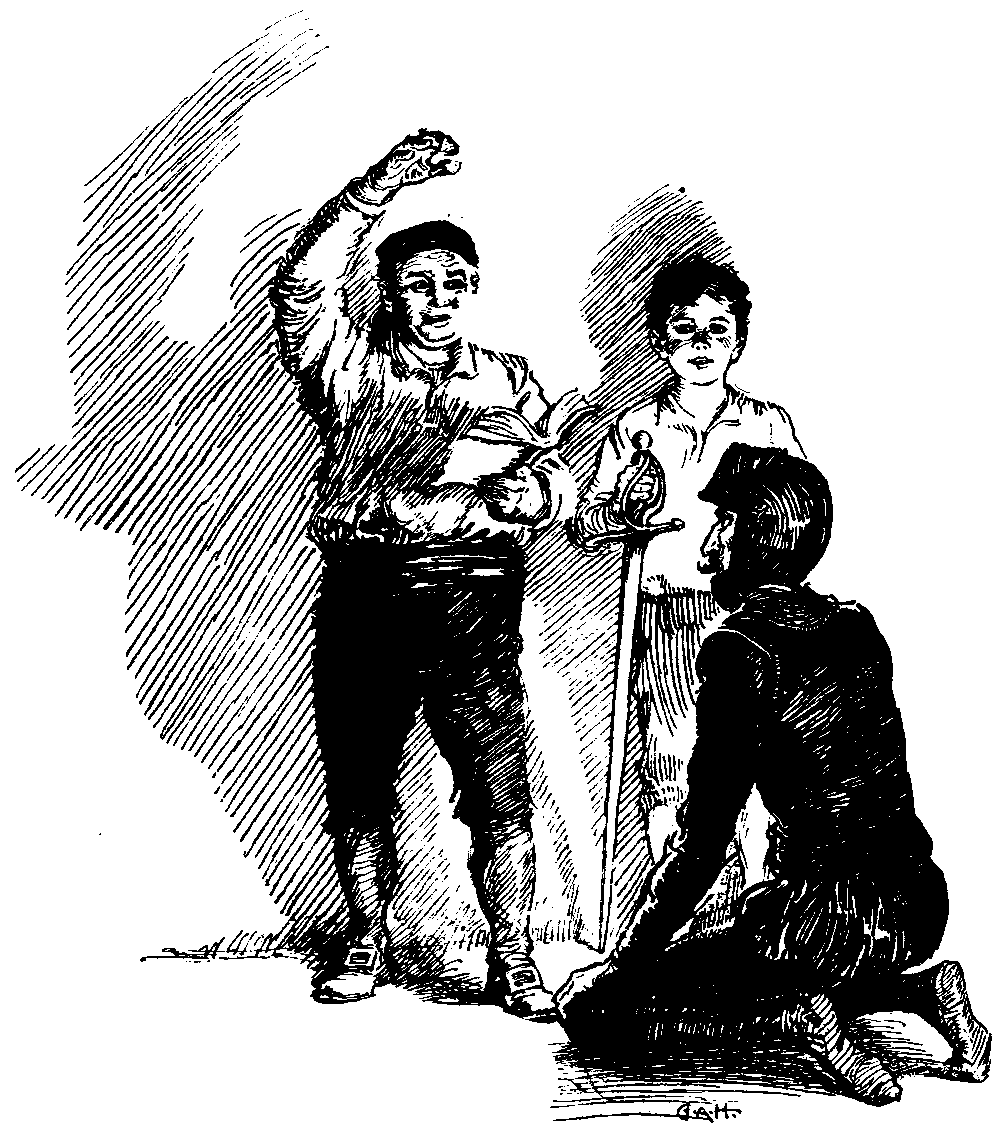or
Kate Stoops to Conquer
Kate Stoops to Conquer

Bethinking me of the Shrew, Kate, as I walked into work this morning (Saturday note - ye great exploiters of the Farrar work ethic, alias m&m) a few things slipped around and into one of those patterns you always knew existed but couldn't quite see - if you don't plot them down, 'tis gone, 'tis gone, 'tis gone.
Geek has been trying to find a quote to chain his spouse with - and is toying with Hotspur's words to another Kate - although he treat's her with apparent disdain, deep love lies under his words ... it's the sort of feeling and relationship which is so easy to miss when reading the text, but which leaps out at you when you see a pair of actors grappling with the words.
Hal, from the same play, as King Henry in Henry V has a conversation with 'Catherine' (yet another Kate!) which is also notoriously regarded as slight - until the actor gets it and unravels its complexities. Alan Howard, as reported in Martin White's Renaissance Drama in Action, had need to correct a critic who read only a light 'footnote' in the scene.
Which brings me to The Taming of the Shrew, and Katherina - and her 'submission' at the end of the play.
From what I remember of some Jungian reading I did once, part of the process of individuation - of becoming a complete human, a mature person, is the act of
 submission.
submission. I have vague memories of knights and cleansing and Don Quixote in the courtyard moments.
Notice the idea is applicable across genders - it is not a woman submitting to a man, it is a human submitting to a greater thing.
That thing might be an idea, a society, a religion - it is a recognition though of a greater than ourself.
Until Kate submits, she cannot become Katherina - she remains unformed, incomplete as a human.
Kate must Stoop to Conquer - herself. Her submission allows her to see herself both as an individual and a part - a rounded personality.
I am wary of this pseudo-psychological explanation to the extent that, as Brook pointed out, it is a reduction of the text and the play - it is also an intellectualising of the emotions the actress (nowadays) must bring to the part. However, I can see a feasible sense of relief and release (with a deep sense of 'feeling completed' as the words are said) - working on the stage.
Brook also pointed out that the best thing to do is to Forget Shakespeare - so I'll hoist myself on a petard of my own creation, and ignore him (Brook, not Shakespeare).
There is a poem written around the time of Shakespeare, by John Donne: Batter my heart, three person'd God ...
It is a very remarkable, very disturbing and very powerful, some would say beautiful, poem. In it, Donne effectively asks to be 'ravished' - to be enslaved, abused and beaten, as the only way to become free, pure and saved.
Take mee to you, imprison mee, for I
Except you'enthrall mee, never shall be free,
Nor ever chast, except you ravish mee.
This wild paradox is also behind Katherina's submission - it remains a paradox, it remains disturbing, it remains mystical and ... dare I say it ... deeply satisfying and beautiful?
Technorati Tags: Taming of the Shrew, Shakespeare, Doone, Kate, Katherina





No comments:
Post a Comment